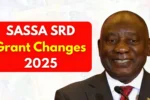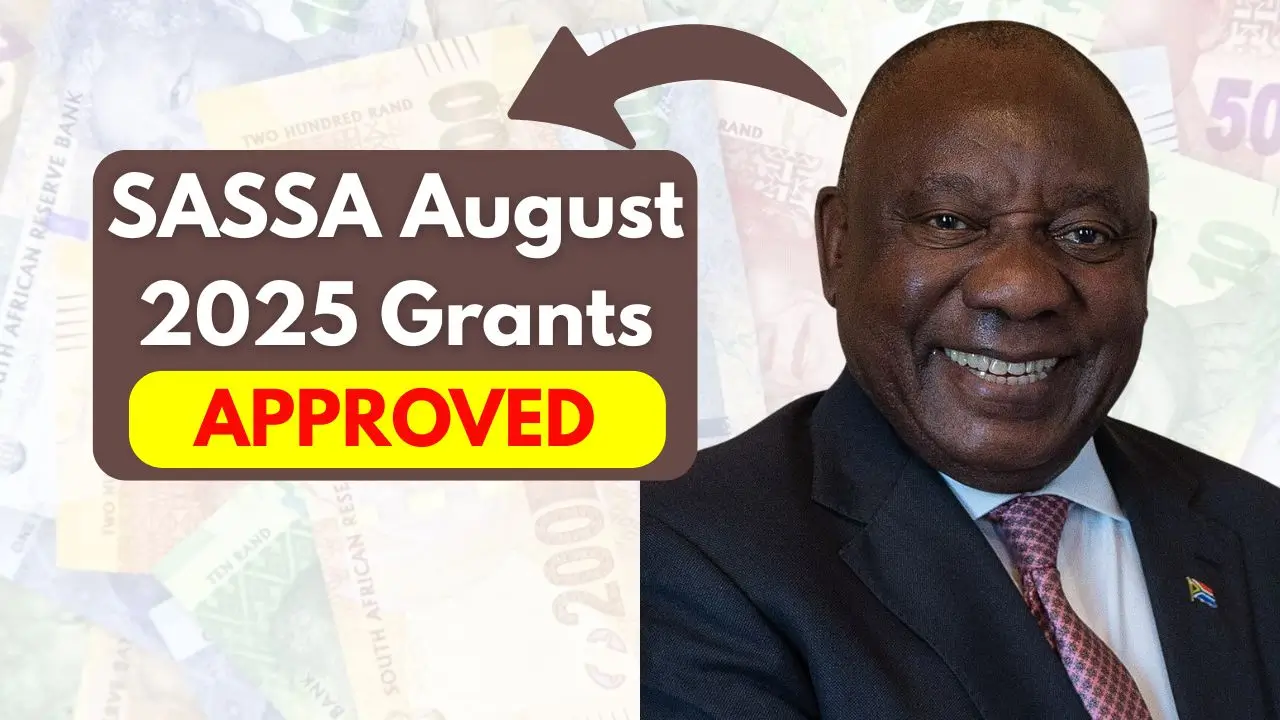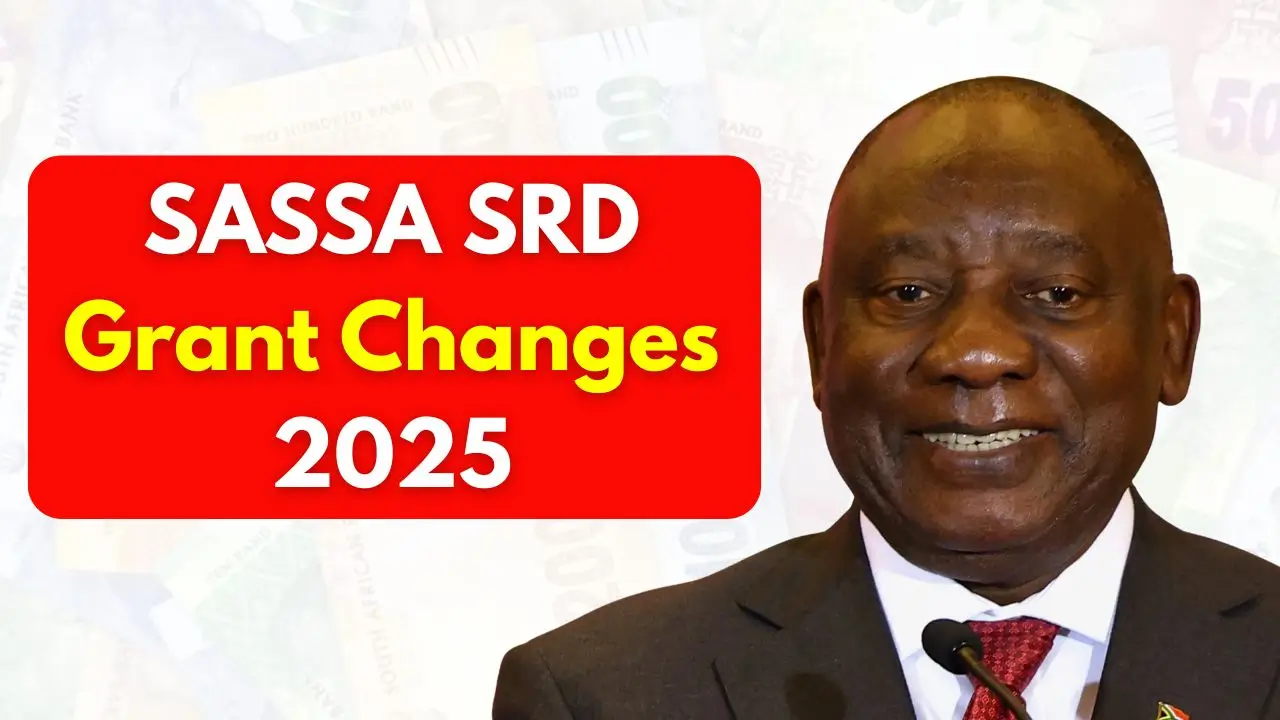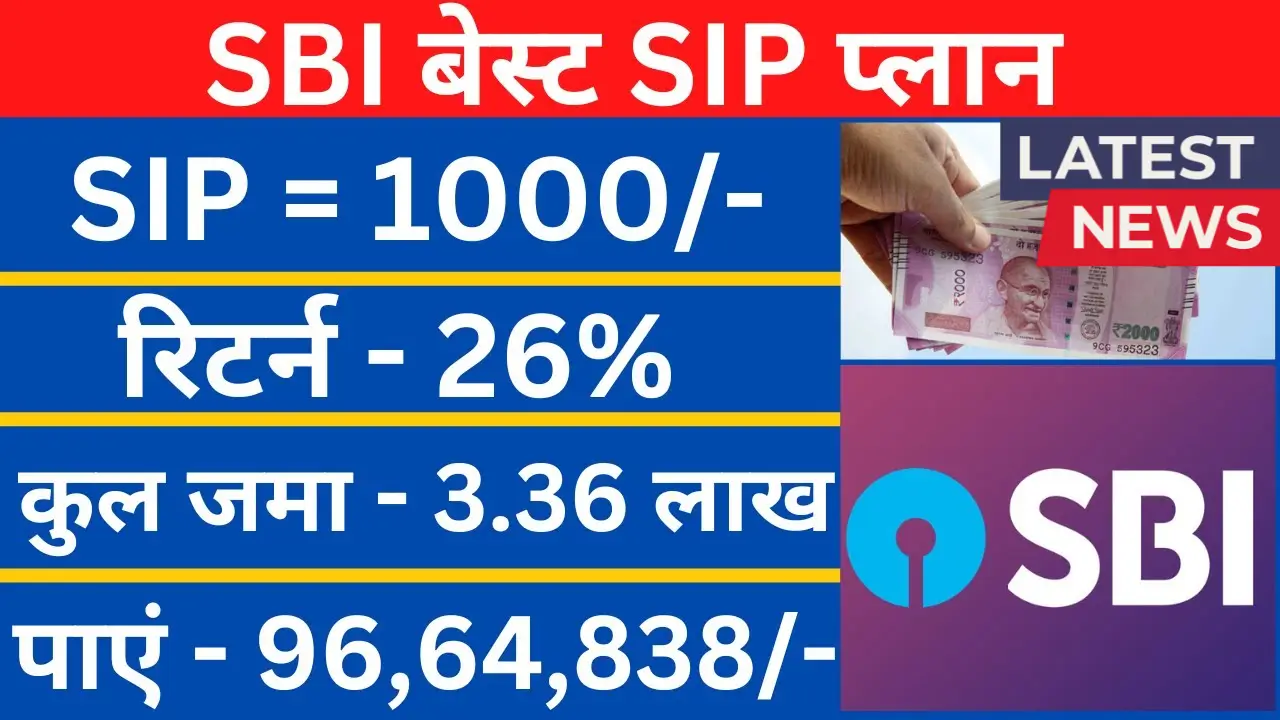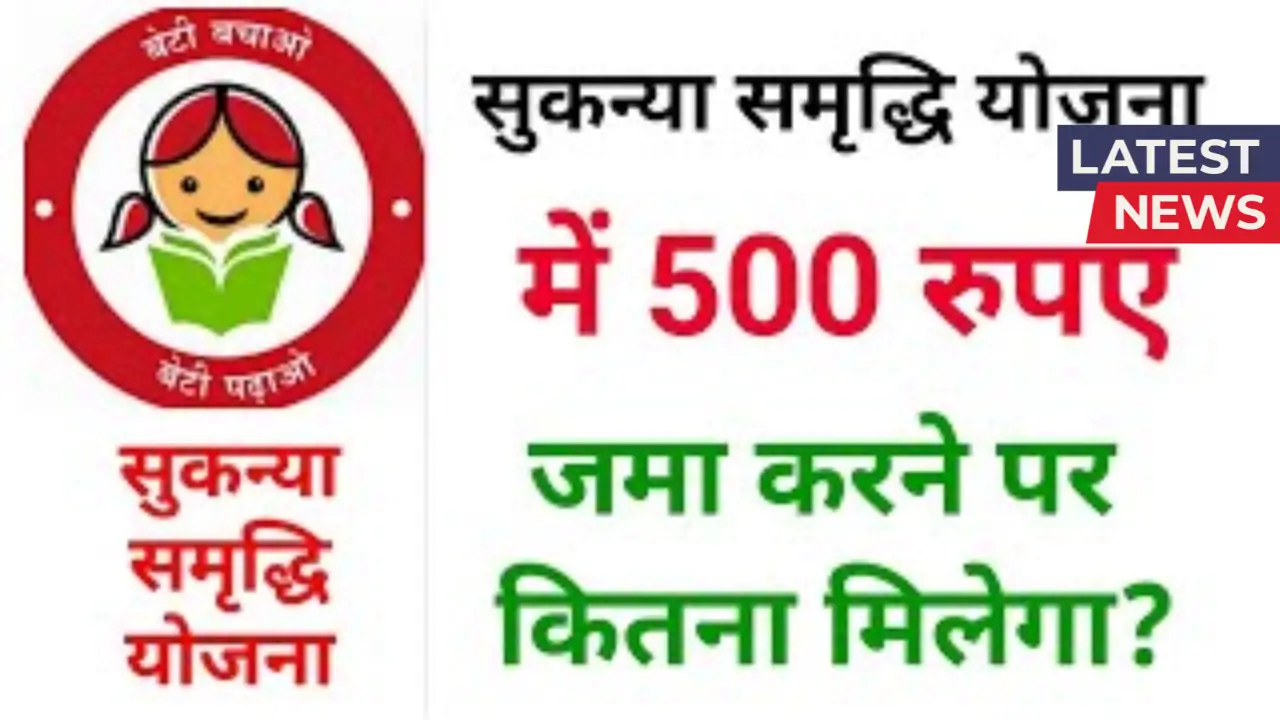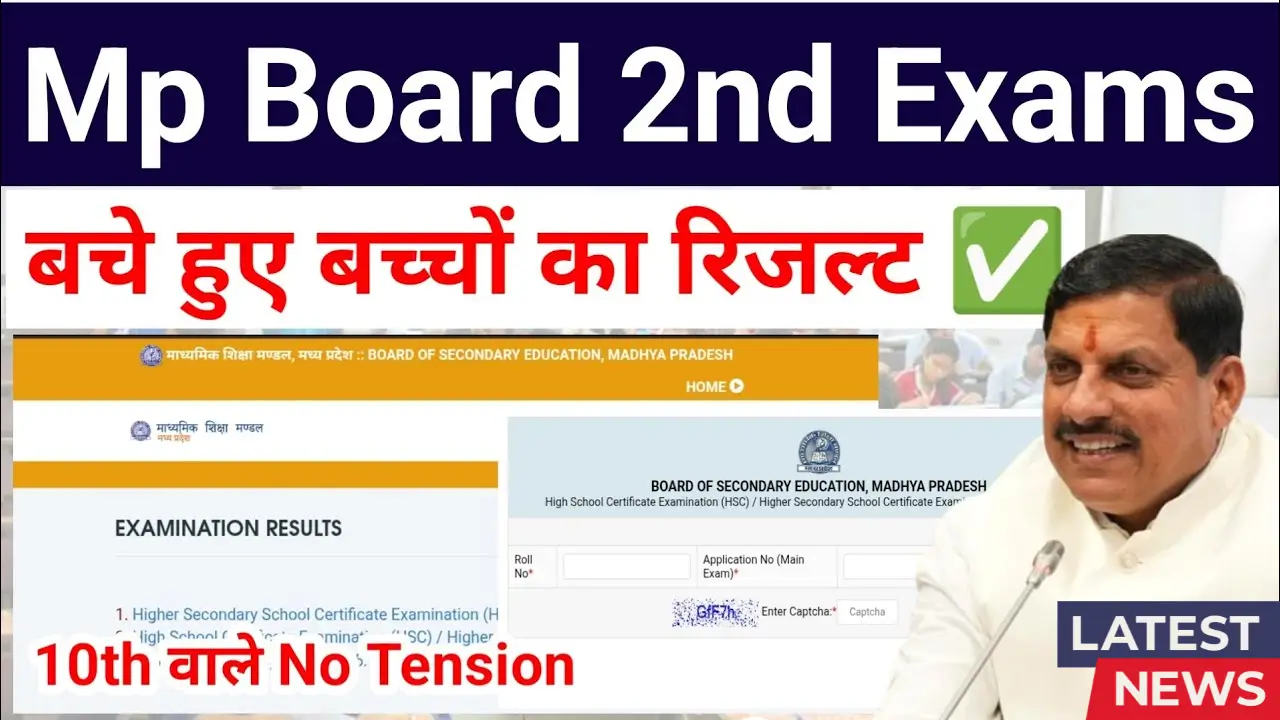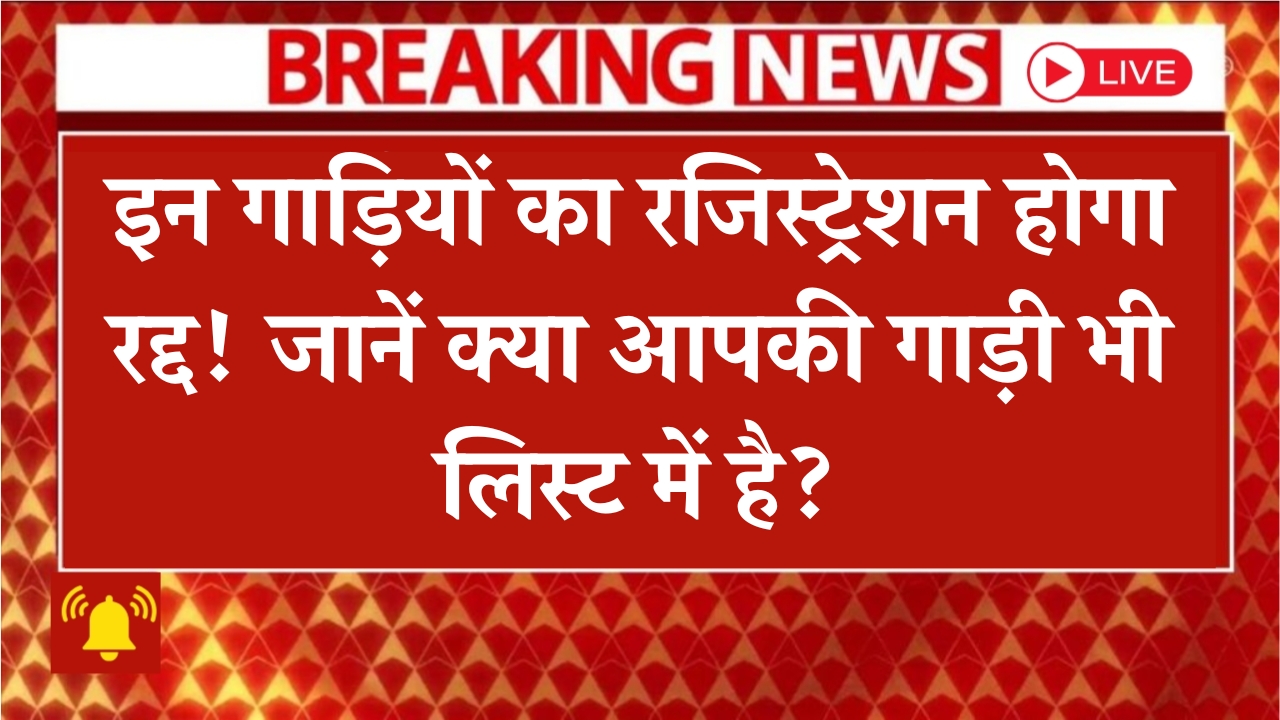The South African Social Security Agency (SASSA) has announced the payment schedule and updated rules for the SASSA R350 grant, now increased to R370, also known as the Social Relief of Distress (SRD) grant, for August 2025. This grant remains a vital lifeline for millions of vulnerable South Africans, particularly those facing unemployment and financial hardship.
Despite being a South African government program, understanding its framework and timelines has relevance for global policymakers and international observers of social welfare programs, including those in the United States, as it offers insights into social assistance models during economic challenges.
SASSA Grant Payment Dates August 2025
The payment dates for SASSA social grants in August 2025 follow a structured schedule designed to facilitate smooth and efficient disbursements and avoid congestion at pay points.
The major social grants paid by SASSA in the first week of August include the Older Persons Grant, Disability Grant, and Children’s Grants. The R370 SRD grant payments, however, are processed later in the month within a batch system based on beneficiaries’ ID numbers.
| Grant Type | Payment Date (August 2025) | Monthly Amount (in South African Rand) |
|---|---|---|
| Older Persons Grant | Tuesday, 5 August 2025 | R2,315 (ages 60-74) / R2,335 (75+) |
| Disability Grant | Wednesday, 6 August 2025 | R2,315 |
| Child Support Grant | Thursday, 7 August 2025 | R560 |
| Foster Care Grant | Thursday, 7 August 2025 | R1,250 |
| Social Relief of Distress (SRD) Grant | Between 25 and 30 August 2025* | R370 |
*The SRD grant payments are processed in batches according to ID numbers from August 25 to August 30. Beneficiaries must check their payment status through SASSA’s official channels for their exact payment date.
Updated Rules and Eligibility Criteria for the SRD R370 Grant
The R350 grant was officially increased to R370 to account for inflationary pressures and rising living costs, providing enhanced support to recipients. Originating as a COVID-19 relief measure, the SRD grant has been made a more permanent fixture following a court ruling, which recognized the need to continue assistance for economically vulnerable individuals amid ongoing unemployment challenges.
To qualify for the SRD R370 grant in 2025, applicants must meet several eligibility requirements:
- Be a South African citizen, permanent resident, refugee, or asylum seeker with valid documentation.
- Be between 18 and 59 years old.
- Be currently unemployed and have a monthly income below a certain threshold (R624 or equivalent based on means testing).
- Not be receiving any other government social grants, except for the Child Support Grant.
- Not reside in government-funded institutions like prisons or care facilities.
- Successfully pass monthly verification processes including income checks, identity authentication, and residency verification.
These updated verification protocols are part of SASSA’s commitment to ensuring that the grant reaches those most in need and that funds are not misallocated.
Application and Payment Process
Applicants for the SRD R370 grant can apply through the official SASSA SRD portal by submitting necessary personal and banking details. SASSA offers multiple channels to check the status of grant applications, including online portals, USSD codes, and WhatsApp services.
Payment is made through direct deposit into bank accounts, CashSend options, or collection at Post Offices, allowing beneficiaries flexibility in how they receive funds.
SASSA advises recipients to regularly update their banking and contact information to avoid payment delays. Additionally, if applications are declined, beneficiaries can appeal decisions within a defined timeframe.
Conclusion
The SASSA R370 SRD grant for August 2025 represents a critical social welfare mechanism continuing to support millions during persistent economic uncertainty in South Africa.
The structured payment dates in early and late August ensure orderly distribution of various grants, with the SRD grant thoughtfully scheduled in batches to manage demand efficiently. The updated rules strengthen the integrity of the program, emphasizing targeted support for unemployed individuals who lack alternative income sources.
For observers in the United States and other countries, the SASSA SRD grant provides a valuable example of how social relief programs can adapt in response to changing economic conditions and legal frameworks, balancing the need for rapid financial support with thorough beneficiary verification.


